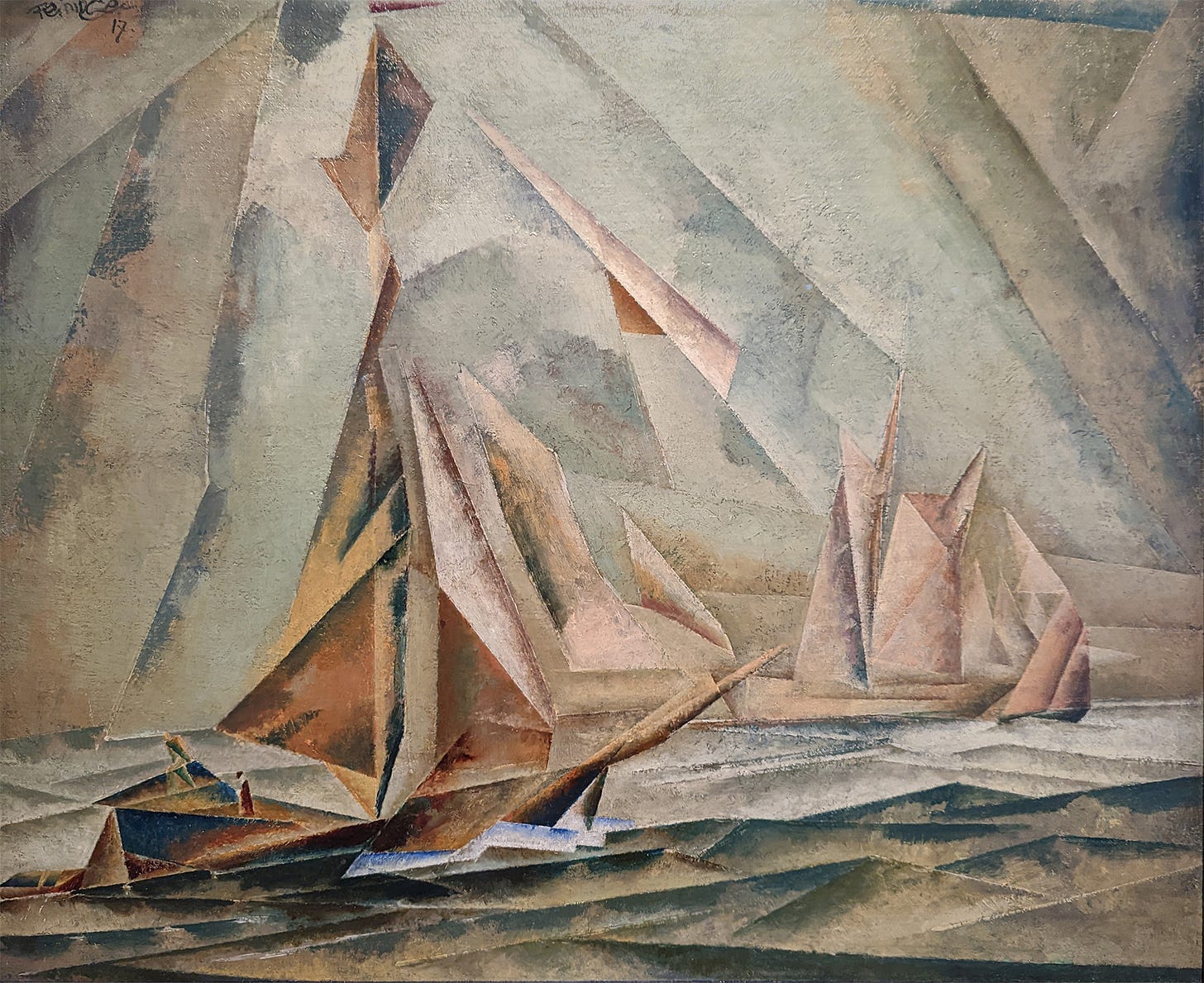If you look at progress in AI in the last 5 years, two things stand out:
Progress was in many areas very fast (e.g. image generation, sophisticated text generation)
The speed of progress was faster than even many experts had predicted but also unevenly distributed - self driving cars are only slowly inching towards good enough for real roads, but image generation from text or automatically creating code has progressed quickly
It feels like we are quickly moving through a landscape full of fog, and out of the fog surprising capabilities appear with increasing frequency. The systems that come out of the fog have the potential to impact our society in drastic ways. We see the first glimpses of this in how graphic designers and translators are going back and forth between, on the one hand, incorporating new amazing tools and, on the other hand, being worried about being made redundant.
It seems that it would be useful to try and gain some higher vantage point and get a better sense for what else might be in the fog, which part of the horizon looks most promising and how we should navigate this terrain. This is what I want to ponder here.
Like the IR, just on speed
Extrapolating from the last few years, I think it is warranted to say that a development similar to the Industrial Revolution is upon us - although at a very compressed time-scale. It seems likely that an increasing fraction of the tasks that especially white collar workers are doing will be automated over the next one or two decades. This is unlikely to put all white collar workers out of a job - these AI systems will still make mistakes; we will still want to have humans that bear responsibility for many jobs. But it will mean that how this work is done, how we as a society want to deal with this, and, crucially, who holds power as a result of this will need some serious thought.
During the Industrial Revolution, we radically changed how our societal contract works: we introduced workplace safety regulations, working time restrictions, and so on. We also redefined how ideas are treated by law. While the origins of both copyright and patent law are older than the Industrial Revolution, both were substantially extended and adapted to deal with the new challenges. With the publicly traded limited liability company, we also created new ways for people to cooperate, share capital investment and profits and be protected from personal liability.
Try to imagine a world without copyright as we have it today, or without patents. It would be a very different world. All these laws and societal norms were profound shifts from how we used to operate as a society a few generations earlier. We put in place these changes because it was necessary to deal with the upheaval that came from moving a largely agrarian society to a largely urban, industrialized one.
This I think is the mindset we need to bring to the table when thinking about AI today. Where we had roughly two centuries to adapt to the realities of an industrialized world, this time we will only have very few decades.
Technical solutions are not enough
A lot of AI safety research that exists today concerns itself with technical solutions as far as I can tell. I think that this is problematic - in our past, technical solutions had a certain part to play in safeguarding dangerous technology, but they were usually not the main tools. Nuclear weapons for example are safeguarded primarily through laws, international treaties and organizational structures. All of these are somewhat fragile of course, but together we manage to put in place systems that keep the dangers more or less at bay.
I suspect that the next few years will see rapid progress in semi-intelligent automation. This will probably be enough to cause significant stress to our societies. Now is the time to evaluate what potential changes we could implement to our societal contracts and our legal frameworks to avoid or lessen the worst outcomes.
If this sounds interesting to you then subscribe to this substack! I intend to write this in irregular intervals, only when I feel that I have something worthwhile to write about. I'll also try to make the writing understandable to a non-expert audience. I'd be curious to hear your thoughts on this, so if any of this elicits a response, please shoot me an email or tweet or toot at me.





